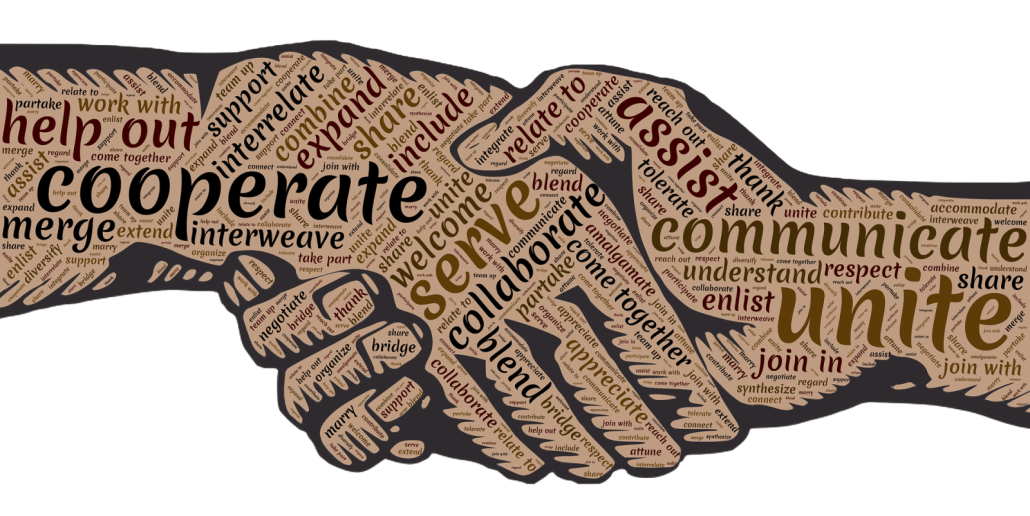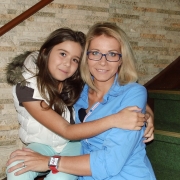There’s no perfect workplace, and with professional settings filled with people from different backgrounds and points of view, there will be conflict among employees at some point among even the most cohesive teams. While many small arguments can be handled internally, some disputes can quickly escalate into much larger confrontations that put management and executives in a difficult position. When workplace conflicts threaten to disrupt the rest of the team, it may be time to turn to workplace mediation.

What Is Workplace Mediation?
Workplace mediation is an alternative conflict management process where a trained, impartial mediator can help resolve disputes between employees before it escalates further. The mediator hears both sides of the story and works with the parties involved to reach a mutually beneficial resolution. This is advantageous for not only the employees involved, but also the company as a whole because the dispute can be handled outside of a courtroom, making it a faster and more affordable option. Not only that, but mediation has a success rate of 70-80%, with both sides “winning” instead of one side losing in court.
You can read more about the mediation process and what to expect here.
When Should You Consider Workplace Mediation?
It often won’t be the employees themselves who turn to mediation to resolve the conflict, but management who becomes aware of the issue and feels external resolution should be employed. Intervention should happen sooner rather than later, as there will be less of a negative effect on workplace morale and a better chance of success. Each situation is unique, but there are some common indications that may prompt you to turn to mediation.
Accusations of Inappropriate Behavior or Discrimination
Whether it’s a politically incorrect joke or blatant discrimination, if an employees feels a colleague’s behavior makes them uncomfortable, this could potentially escalate into creating an
intolerable workplace environment for even more employees. Instead of “blaming” the employee accused of this behavior, a mediator can help them recognize that their behavior is problematic and facilitate an apology and agreement to prevent this in the future.
A Difference in Work Styles
Every employee brings their personality to the workplace, and there are times that their work style will clash with coworkers who don’t see eye to eye on a personal or professional level. This can cause disagreements, interrupt productivity, and even create an uncomfortable situation for other teammates. The mediator can facilitate an open discussion about these differences and work with the employees to productively see both sides, work towards a resolution, and stop those small disagreements before they snowball into bigger issues.
Misinterpretation and Miscommunication
It could be something as simple as instructions or a comment being misinterpreted in the wrong way that resulted in a deeper miscommunication and disruptive conflict. In these instances, a mediator can help the employees see what went wrong in what was previously a productive working relationship, and then work with both sides to find ways to improve communication going forward.
Benefits of Workplace Mediation
Beyond the obvious benefit of mediation in resolving conflicts and working to tame workplace tensions, there are also a variety of additional reasons to consider conflict management strategies for a company.
Foster Productive Dialogue
The goal of mediation isn’t just to resolve a workplace issue, but rather to resolve the issue while facilitating constructive discussion on why it happened and ways to ensure the same conflict won’t happen again. A mediator can impartially guide the dialogue in a way that employees learn strategies to better express themselves and find resolutions that leave everyone satisfied with the outcome—making mediation both a productive and proactive solution.
Improve Relationships
Many arguments end with resentment, and while there’s no way to completely avoid the emotion attached to that, there are logical steps that can be taken to help improve workplace relationships both before and after a conflict. A neutral mediator can help both sides understand each perspective and offer constructive techniques and communication tools to better handle future disagreements, which in turn can help improve employee relationships.
Enhance Workplace Culture
No one wants to work in an environment where uncomfortable disagreements and clashing employee perspectives regularly occur—and go unchecked. Workplace mediation can help create a culture of effective communication and mutual respect among everyone who works there, with employees more willing to collaborate secure in the knowledge their ideas and concerns can be freely shared and acknowledged.
Better Employee Engagement and Retention
A more positive workplace culture and improved relationships often means employees will want to stick around. Mediation shows each person that the company knows how to properly—and fairly—handle internal disputes and that they care about the well-being of each employee.
Ready to Put Mediation to Work?
Some workplace disputes require a neutral third-party in order to not only resolve the conflict, but also ensure that management can remain impartial so additional conflicts aren’t created as a result of “picking” sides. When there are tensions among your team, workplace mediation can be just the thing to help facilitate dialogue, provide the tools needed to communicate more effectively going forward, and reach a solution that leaves every employee satisfied with the outcome.
Reach out to Conflict Resolution Services today to put mediation to work for your organization.





